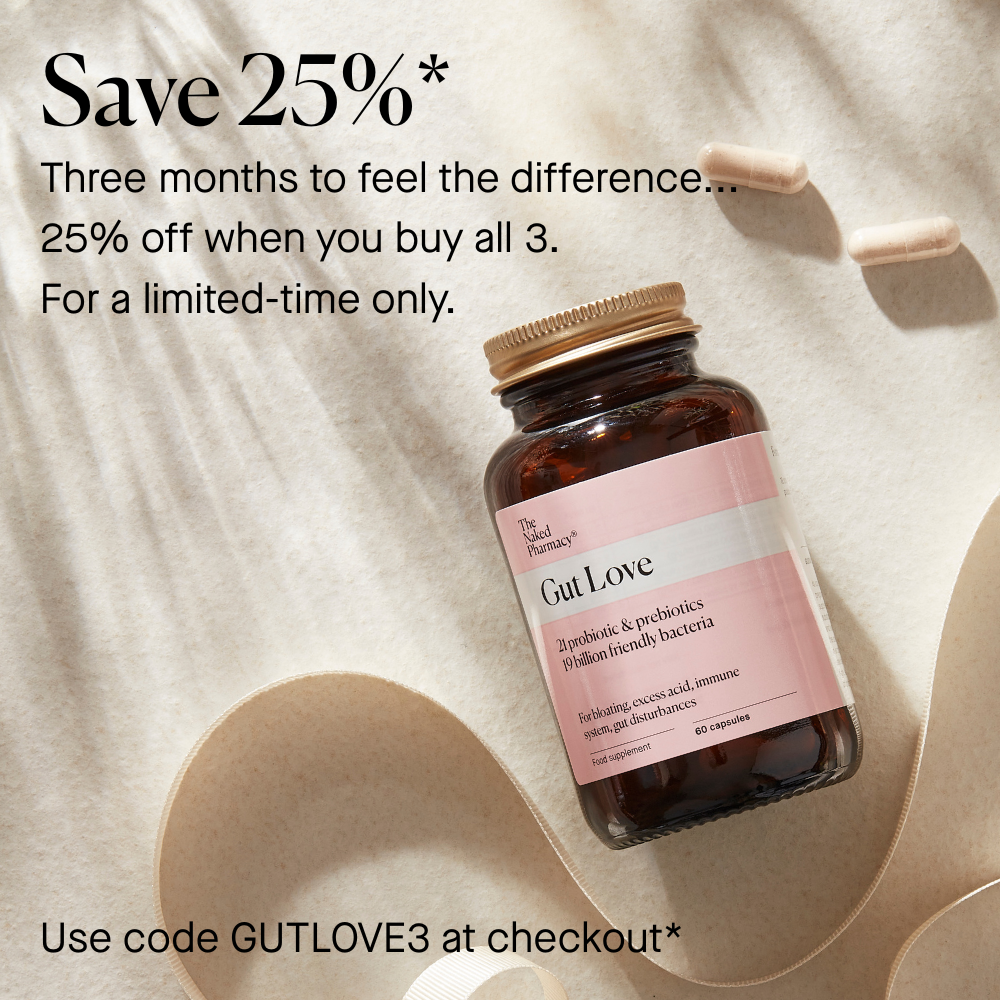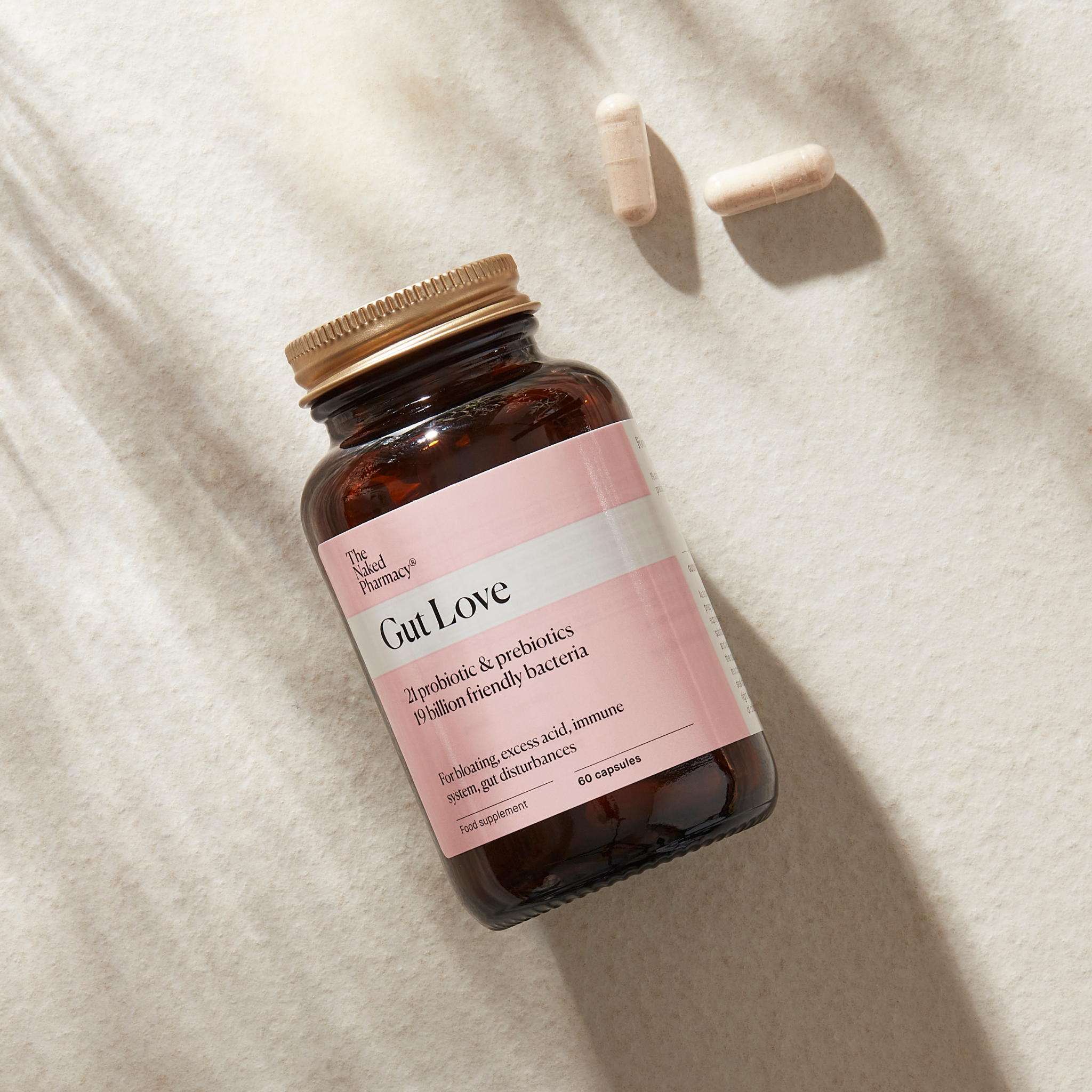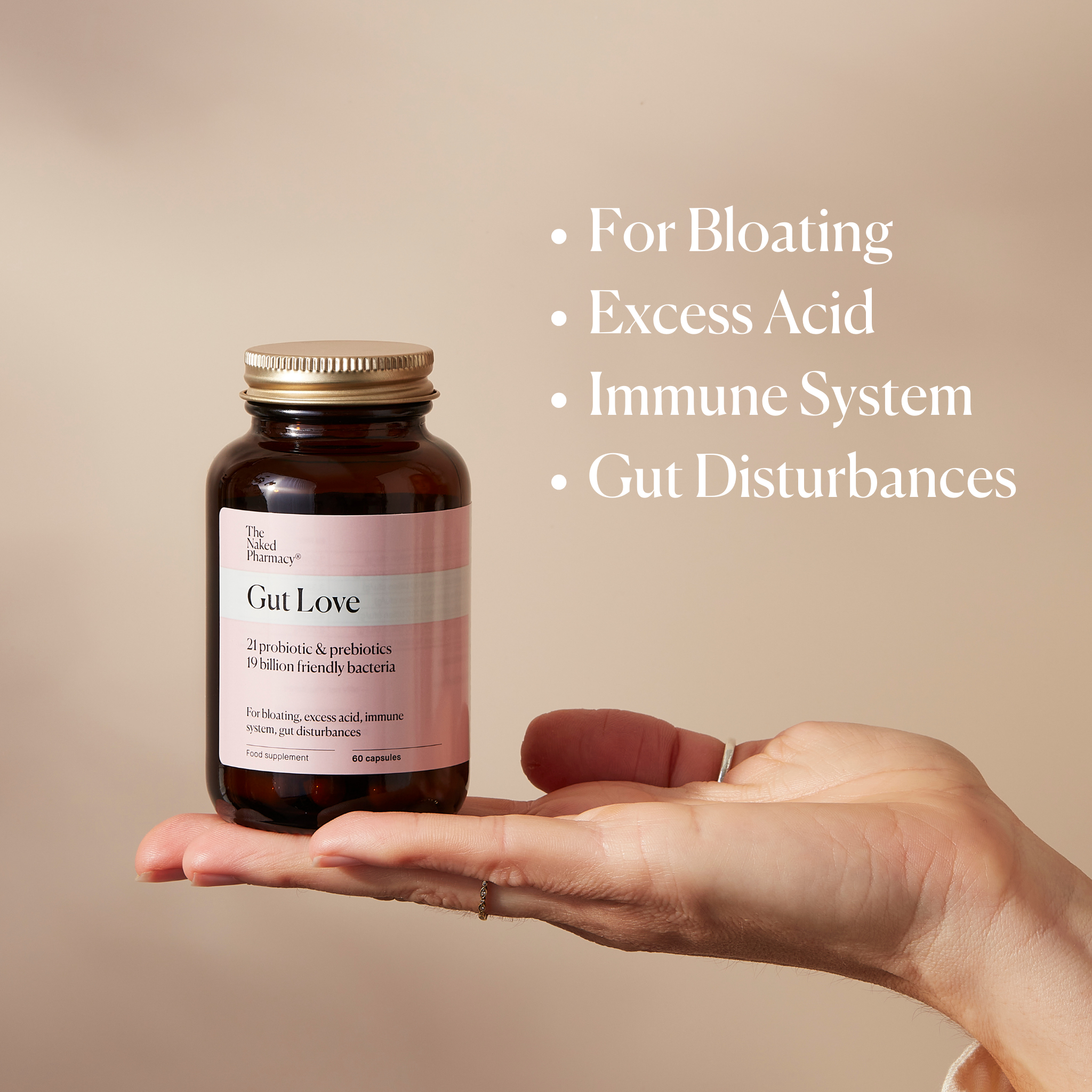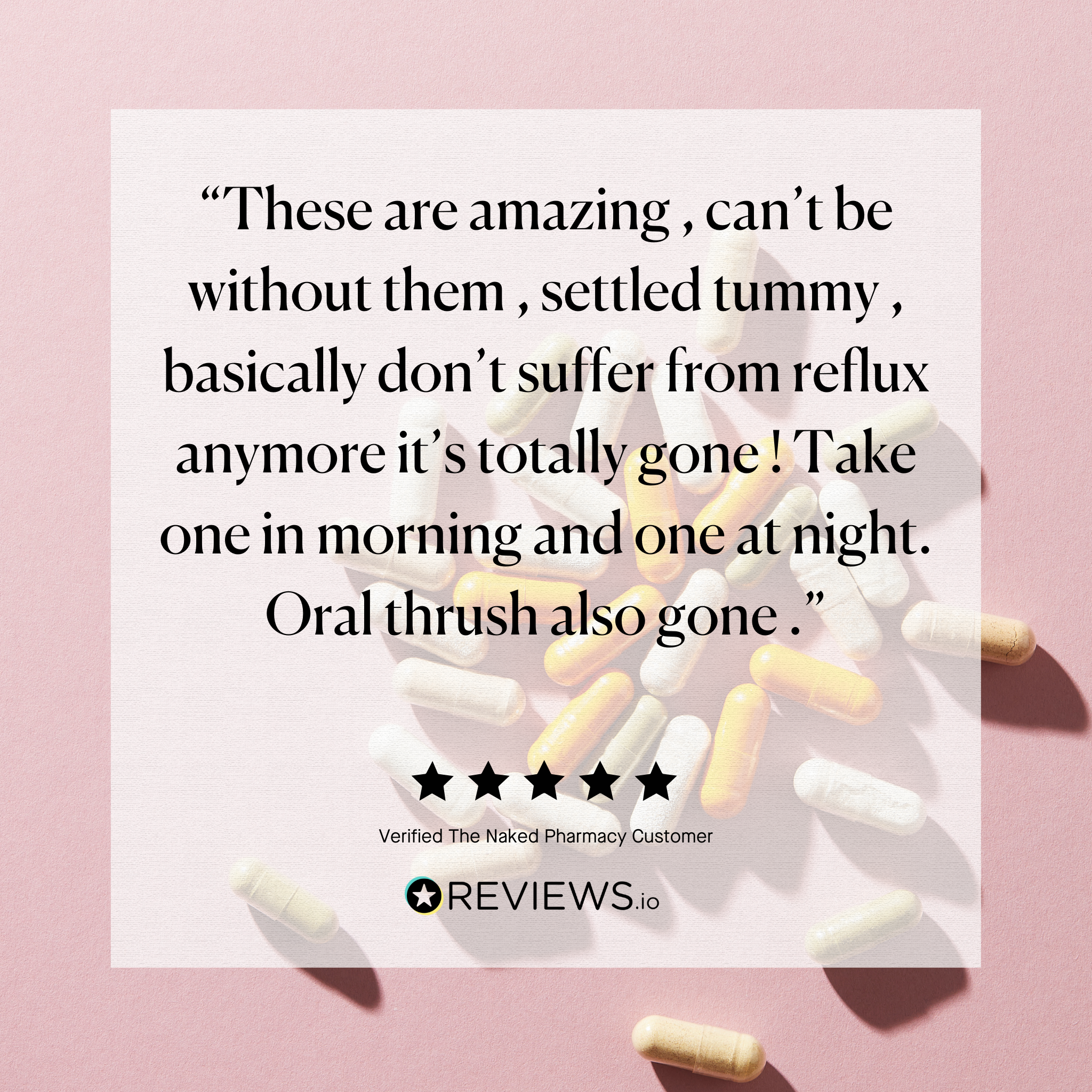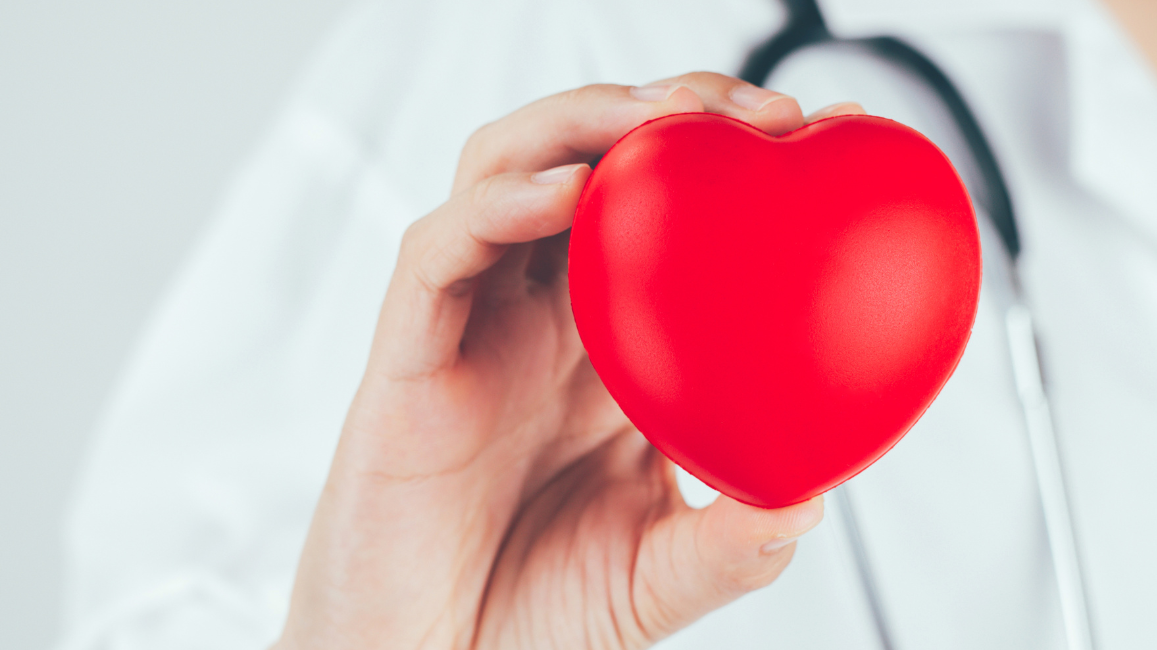In recent years, gut health has become one of the hottest topics in wellness — and for good reason. The more medicine research into the digestive system the more we realise how important our gut health really is.
Our bodies are home to trillions of bacteria, fungi, and other microorganisms that help keep us healthy, energized, and thriving. At the centre of this microscopic universe are probiotics — the “good” bacteria that support a healthy balance within our bodies.
But did you know that your gut isn’t the only place these microorganisms live? Let's dive into the 7 microbiomes of the body, their roles, and why focusing on gut health (and choosing the right probiotic strains) can be a game-changer for your overall wellbeing.
The Seven Microbiomes of the Body — And What They Do

Though the gut microbiome is the most famous, your body houses at least seven distinct microbiomes, each specialised for its location.
1. Gut Microbiome
- Location: Entire gastrointestinal tract (mouth to colon).
- Functions: Breaks down complex carbohydrates, synthesises vitamins (e.g., Vitamin K, B12), supports the immune system, produces neurotransmitters like our digestive serotonin.
- Importance: The gut microbiome is often referred to as the "second brain" because of its influence on mental health via the gut-brain axis.
2. Oral Microbiome
- Location: Mouth, teeth, tongue, gums.
- Functions: Starts the digestion of carbohydrates and forms a protective barrier against invading pathogens.
- Importance: A dysregulated oral microbiome is linked not just to gum disease, but also systemic diseases like cardiovascular disease and diabetes.
3. Skin Microbiome
- Location: Outer layers of the skin.
- Functions: Protects against harmful bacteria, regulates inflammation, and maintains skin barrier integrity.
- Importance: Disturbances can contribute to acne, eczema, and psoriasis.
4. Vaginal Microbiome (in women)
- Location: Vaginal canal.
- Functions: Maintains a low pH environment to prevent pathogenic growth.
- Importance: Dominated by Lactobacillus species; crucial for preventing infections like bacterial vaginosis and yeast infections.
5. Lung Microbiome
- Location: Upper and lower respiratory tracts.
- Functions: Modulates immune responses to inhaled particles and pathogens.
- Importance: Emerging research links lung microbiome health to asthma, COPD, and susceptibility to respiratory infections.
6. Urinary Microbiome
- Location: Bladder and urinary tract.
- Functions: Helps defend against urinary tract infections (UTIs).
- Importance: Healthy diversity here reduces the risks of bladder conditions and infections.
7. Nasal/Sinus Microbiome
- Location: Nasal passages and sinuses.
- Functions: First line of immune defence against airborne pathogens.
- Importance: An imbalanced nasal microbiome can contribute to chronic sinusitis and allergies.
| Probiotic Strain | Main Benefits | Notes |
|
Lactobacillus rhamnosus |
Strengthens gut barrier; reduces diarrhoea, particularly antibiotic-associated diarrhoea | Highly resilient and well-studied |
|
Bifidobacterium lactis |
Boosts immunity; improves digestion; alleviates constipation | Found naturally in yoghurts and cheese |
|
Lactobacillus acidophilus |
Helps balance intestinal microbiota; aids lactose digestion | Useful for those with dairy sensitivities |
|
Bifidobacterium longum |
Reduces inflammation; alleviates IBS symptoms; improves mental health (anxiolytic effects) | Part of infant gut microbiota |
|
Saccharomyces boulardii (yeast) |
Prevents and treats diarrhoea; restores the gut after antibiotic use | Unique as it's a probiotic yeast, not bacteria |
|
Lactobacillus plantarum |
Enhances nutrient absorption; reduces bloating and IBS symptoms | Strong anti-inflammatory actions |
|
Bifidobacterium bifidum |
Maintains gut barrier integrity; restores balance post-antibiotics | Excellent for travellers' gut issues |
Causes of Microbiome Imbalance

1. Antibiotic Use
While antibiotics save lives, they can also wipe out beneficial bacteria along with the harmful ones, creating an open field for less desirable microbes to overgrow.
2. Highly Processed Diets
Diets high in refined sugars, artificial additives, and low in fibre starve beneficial gut bacteria and fuel the growth of inflammatory species.
3. Chronic Stress
Ongoing emotional or physical stress affects the gut-brain axis, altering the gut environment in ways that favour pathogenic bacteria.
4. Sleep Deprivation
Poor sleep impacts circadian rhythms that not only regulate our own cells, but also influence microbial activity, potentially leading to dysbiosis.
5. Excessive Alcohol Consumption
Heavy drinking can damage the gut lining and encourage the overgrowth of harmful bacteria and yeasts like Candida.
Why the Gut Microbiome Is the Star of the Show

Among all microbiomes, the gut microbiome is uniquely influential. Why? Because it acts as a command centre for:
- Immunity: Approximately 70% of your immune cells are located in the gut-associated lymphoid tissue (GALT).
- Neurotransmitter Production: Over 90% of serotonin (a mood-stabilising neurotransmitter) is made in the gut. If serotonin is out of sync, so is your mood.
- Inflammation Regulation: Gut bacteria can trigger or dampen inflammatory responses throughout the body.
- Metabolic Health: Gut microbes influence weight management, blood sugar regulation, and even cholesterol levels.
When the gut microbiome is balanced (a state called eubiosis), it promotes resilience, good digestion, and overall wellness.
When imbalanced (known as dysbiosis), it can contribute to:
- IBS, IBD, and leaky gut
- Mood disorders like increased anxiety and sadness
- Metabolism disturbances and weight fluctuations
- Excess inflammatory response
- Food intolerances
Signs Your Microbiome May Be Out of Balance

How can you tell if your microbiomes, especially your gut, are struggling?
- Digestive issues (bloating, gas, constipation, diarrhoea)
- Frequent infections or slow healing
- Fatigue or brain fog
- Skin problems which often have no specific trigger (eczema, acne, rashes)
- Anxiety, depression, or mood swings
- Food intolerances that weren't there before
Tips for Choosing a Probiotic Supplement:
- Look for multi-strain formulas with 10 billion CFUs or above per dose.
- Choose reputable brands that guarantee live cultures derived from completely natural sources
- Pick strains backed by clinical research (like those listed above).
If it’s all too overwhelming – Give one of our pharmacists a call!
Gut love ticks all these boxes.
Designed with a blend of the most well-researched strains — including Lactobacillus rhamnosus, Bifidobacterium lactis, and Saccharomyces boulardii — Gut Love offers targeted support for gut health, digestion, immunity, and overall well-being.
Each dose delivers a guaranteed 19 billion CFUs, ensuring you get the full potency your microbiome needs. It's also formulated with two prebiotics – slippery elm and baobab to ensure the probiotics survive stomach acid, meaning the probiotics reach your body alive where they can be most effective.
Choosing Gut Love can make the difference between feeling a subtle improvement — and truly transforming your digestive health and energy levels.
Turmeric, a hidden gem for tummy flare ups
Turmeric, a golden-hued spice renowned for its anti-inflammatory and antioxidant properties, owes much of its health benefits to curcumin, its primary active compound. Recent research highlights curcumin's potential in modulating the gut microbiota.
Curcumin has powerful anti-inflammatory and microbiome-supporting properties. It helps reduce inflammation in the gut by inhibiting key inflammatory pathways like NF-κB and cytokines, which are often elevated in conditions such as IBS and IBD
Curcumin can also improves gut health by promoting the growth of beneficial bacteria like Lactobacillus and Bifidobacterium, whilst suppressing harmful strains.
One of the biggest hurdles to getting the wonderful benefits of turmeric is due to its low absorption, which is why at The Naked Pharmacy we’ve formulated our Natruflex Turmeric
Turmeric with completely natural ingredients to ensure your body gets the best of the best, including black pepper to help boost turmeric absorption by 2000%





